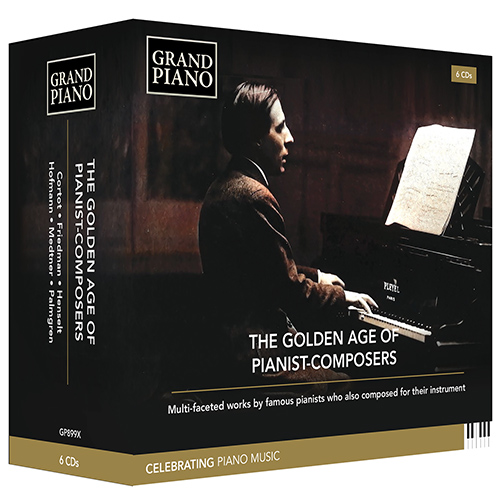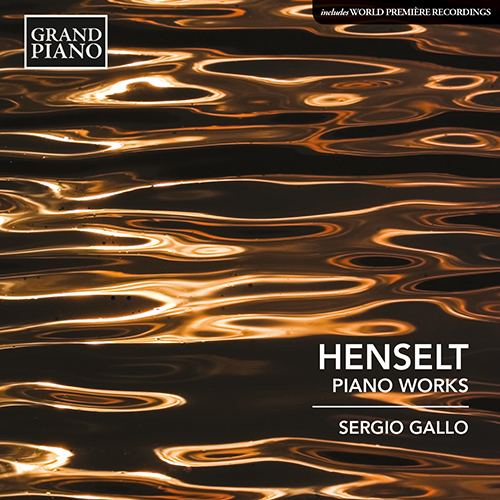
Carl Maria von Weber (1786 - 1826)
Carl Maria von Weber, a cousin of Mozart’s wife Constanze, was trained as a musician from his childhood, the son of a versatile musician who had founded his own travelling theatre company. He made a favourable impression as a pianist and then as a music director, notably in the opera-houses of Prague and Dresden. Here he introduced various reforms and was a pioneer of the craft of conducting without the use of a violin or keyboard instrument. As a composer he won a lasting reputation with the first important Romantic German opera, Der Freischütz.
Operas
The opera Der Freischütz (‘The Marksman’), first staged in Berlin in 1821, blends many of the ingredients typical of German Romanticism, simple peasant virtues mingling with the magic and latent evil of the forest, where the hero’s magic bullets are forged at midnight. The grand heroic-Romantic opera Euryanthe is better known for its overture, as is the opera Oberon, written for London in 1826.
Orchestral Music
Weber’s two concertos and the concertino for clarinet were written for the clarinetist Heinrich Baermann. Weber also wrote two piano concertos and a Konzertstück for piano and orchestra for his own use, as well as a useful horn concertino and bassoon concerto. His Aufforderung zum Tanze (‘Invitation to the Dance’) is well known in an orchestral version of a work originally written for piano.
Chamber Music
Weber’s chamber music includes a clarinet quintet and Grand Duo Concertant for clarinet and piano, successors to the concertos and concertino for Baermann.
Piano Music
Aufforderung zum Tanz (‘Invitation to the Dance’) is a charming programme piece following the progress of an invitation to dance, as a young man escorts his partner to the dance floor and engages in polite conversation. Weber’s other piano compositions include four sonatas for the instrument.




 Grand Piano has gained a reputation for producing high quality recordings of rare keyboard gems. Dedicated to the exploration of undiscovered piano repertoire, the label specialises in complete cycles of piano works by many lesser-known composers, whose output might otherwise have remained unknown and unrecorded.
Grand Piano has gained a reputation for producing high quality recordings of rare keyboard gems. Dedicated to the exploration of undiscovered piano repertoire, the label specialises in complete cycles of piano works by many lesser-known composers, whose output might otherwise have remained unknown and unrecorded.






